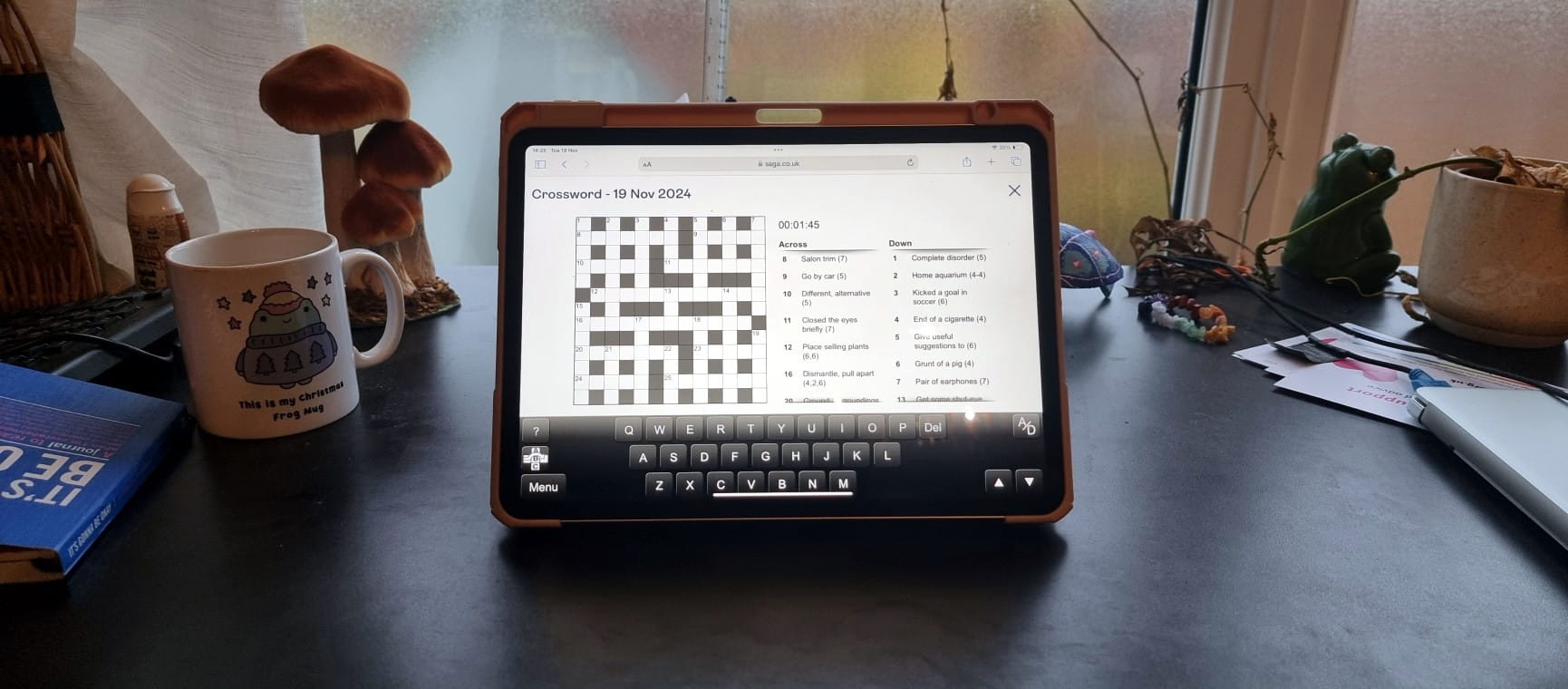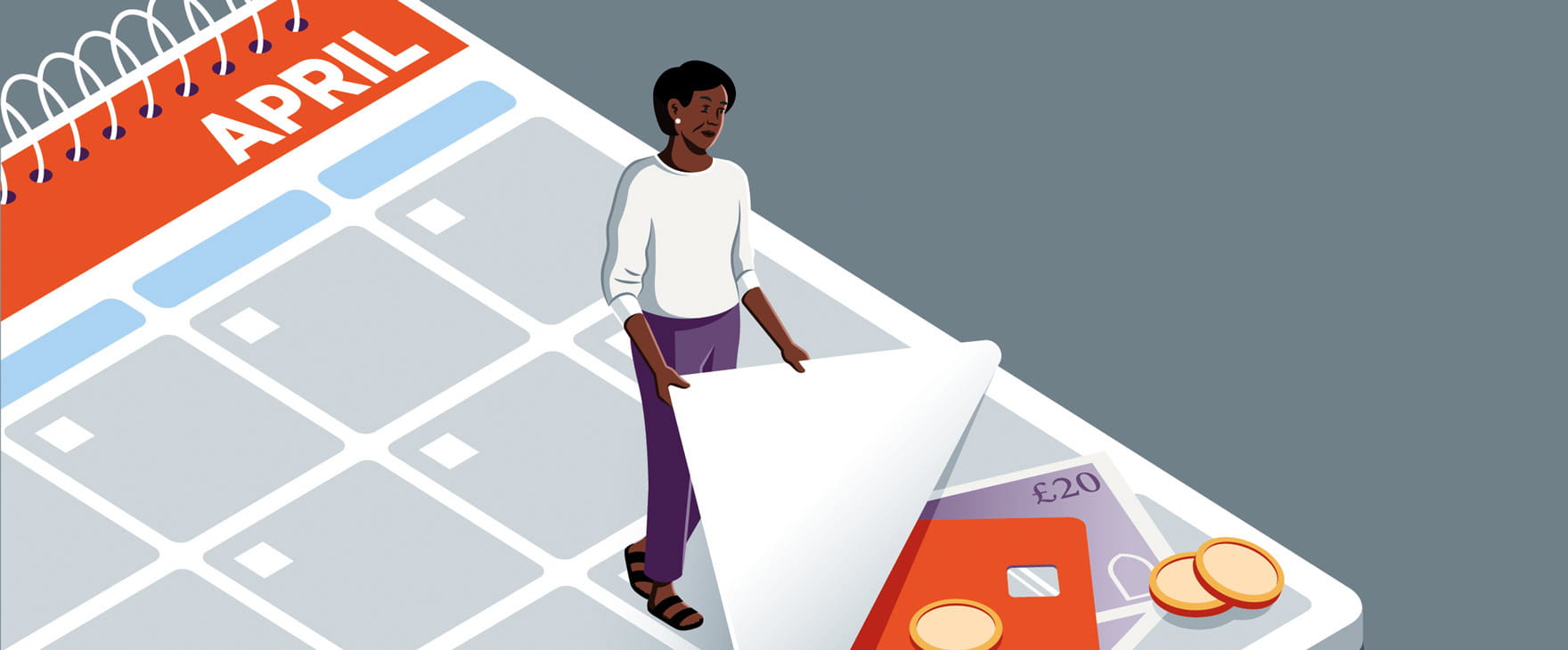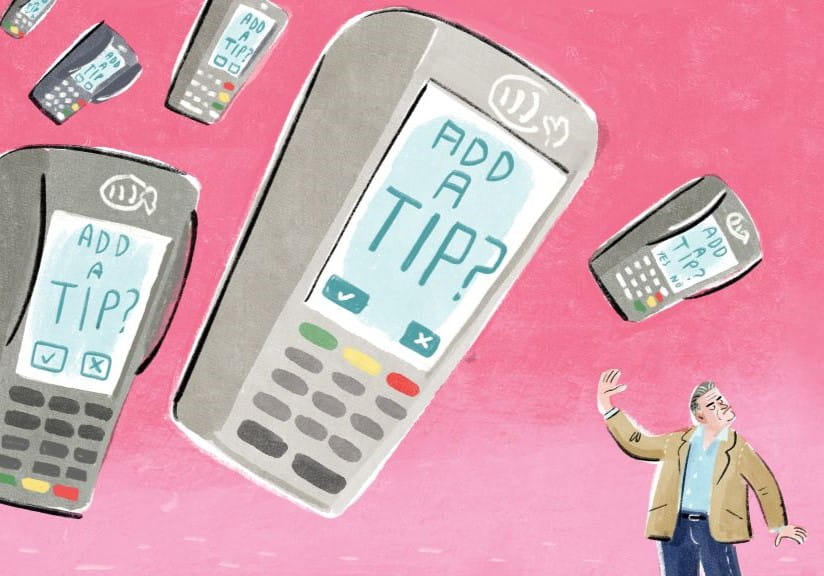
Whenever I scan a menu, I could sometimes do without descriptions such as "artisanal organic signature sourdough, toasted to a golden hue and suffused with salt-encrusted butter".
Nor do I particularly need 'perfectly al dente pasta enveloped in a velvety bechamel sauce from a blend of barrel-aged cheeses and finished with a layer of hand-rubbed breadcrumbs'.
Really, I’d much rather have toast and butter or mac and cheese and get straight to the point.
Comfort food deserves comfy descriptions, not flowery embellishment or what Gen Z would call a 'glow-up': simple is often the best.
I shouldn’t be surprised, really, for we live in the age of hyperbole, when linguistic bigging up is all the rage. Eggs are always farm-fresh, chips are hand-cut, salt is Himalayan, and tomatoes are either heirloom or on the vine.
No chocolate truffle is complete without being enrobed in a dusting of cocoa, and the word 'iconic' is used for anything from a vegan sausage roll to a doughnut (honestly, I’ve checked).
Such supersizing reaches far beyond our tables. An agreement today is nothing if it’s not a 'landmark' one; a clever idea must always be 'genius'.
Even 'literally' has gained a secondary meaning in our dictionaries – we can literally die laughing without anyone calling an ambulance.
As a lexicographer, I welcome all change as a sign that English continues to evolve, just as it should. But I can’t help wishing that we would save the word 'tragic' for genuinely sad events, and reserve 'star' for those who fully deserve it rather than the person who holds the door open for us, or lets us use the photocopier first.
By contrast, responding with 'nice' or 'fine' when a friend asks how you like their new dress is unlikely to land well these days, unless you’re 'dying for' an argument. And declaring that a colleague’s idea or our grandchild’s school essay is ‘interesting’ is more insulting than not: we need bigger and better these days, even to stay polite.
I confess I’m as guilty of this as the next person. I am never just tired, always 'shattered', 'freezing' when the temperature drops, and ‘starving’ when I’m a little bit hungry. Scrolling the news leaves me 'terrified', and I will readily describe a drizzly day as 'hideous'.
Speaking of weather, even our forecasters like a bit of linguistic supersizing from time to time. Their reports of imminent storms ripple with melodrama: 'weatherbombs' and 'megadroughts' are on the radar, rain is 'organised', winds are 'bombarding', and we might even get some 'thundersnow'.
I’m fascinated at conclusions drawn by some psychologists that outgoing people require more brain stimulation from their language than introverts to feel any impact.
What’s more, it appears we feel what we say: we are likely to perceive ourselves as more refreshed if we say we had the 'best sleep ever', or more comfortable when we pile up the 'oooooo’s' in the word 'so' before declaring how 'cosy' we are.
Let’s not also forget that we all want to be heard above today’s cacophony of chat. Supercharging our language might seem like the only way to get heard. Besides, as some of life’s extroverts would say, "Who wants vanilla?"
Whether this full-throttle language will eventually find a reverse gear has yet to be seen. I’d like to hope so, but also suspect our parents and grandparents felt exactly the same.
For now, we will just have to buckle up for the ride, lest our restaurant menus start to drive us literally insane.

For over four decades, Saga Magazine has been bringing you inspiring stories, trusted advice, and articles that matter. Now you can enjoy every issue delivered to your door at our lowest-ever price.

The ultimate guide to Saga Puzzles, full of technical tips, tricks and hints.

With the start of the new financial year on 6 April, our money expert explains the changes to your pension, benefits and taxes.





